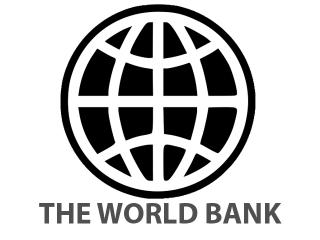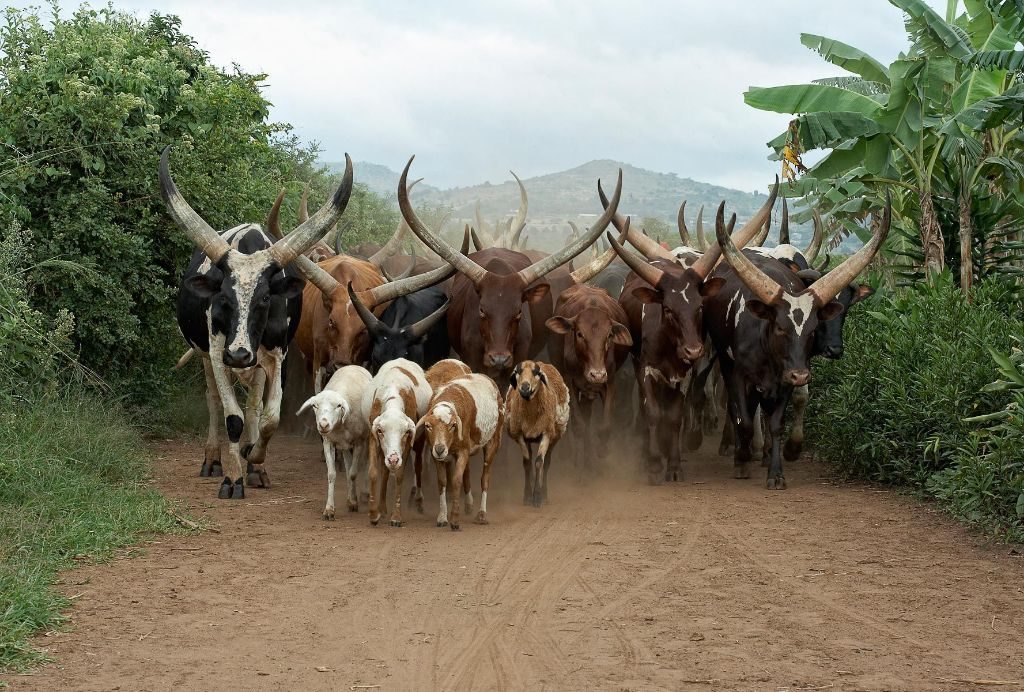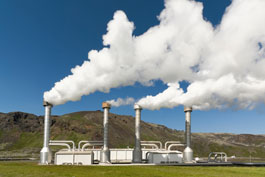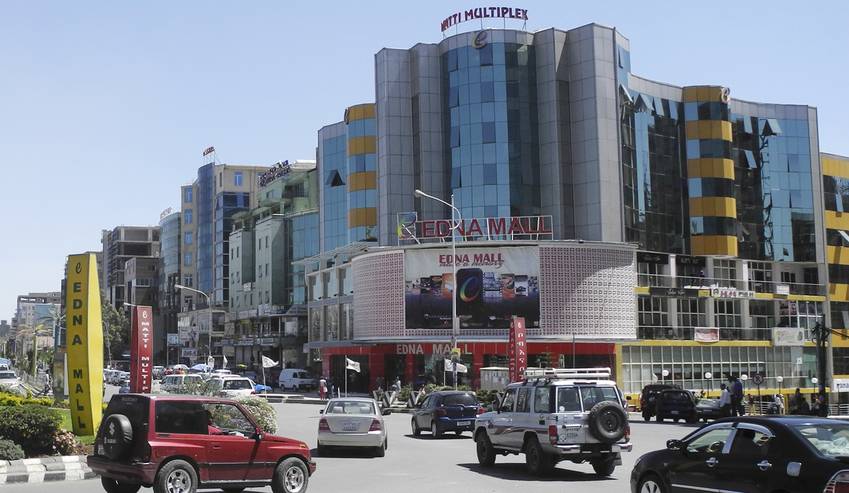
According to a World Bank report, the Ethiopian economy will maintain its growth lead for the East African region. The economy, however, dropped a step in growth forecast in the Sub-Saharan Africa (SSA) region, falling behind Ghana. In June 2017, the WB forecast Ethiopia as the most expansive in SSA pegging growth at 8.3%. The latest forecast puts Ethiopia at a percentage point behind Ghana. The West African nation is forecast to grow at 8.3% as against Ethiopia’s 8.2%.
Among East African countries, Ethiopia is likely to remain the fastest growing economy, but growth is expected to soften as it takes measures to stabilize government debt. Other 2018 forecasts for the East African region’s economic giants are Kenya (5.5%), Tanzania (6.8%), Uganda (5.1%) and Rwanda (5.9%). Ethiopia beat Kenya last year to become economic giant of the region according to the IMF.
The WB’s Global Economic Prospects report released on January 10, 2018, said there was a modest recovery underway in Sub-Saharan Africa buoyed by an improvement in commodity prices.
Under the area of outlook, the report said regional growth was projected at 3.2% for this year up to an average of 3.6% in 2019 – 2020. It hinted at a solid performance for non-resource-intensive countries hinging it to public investment growth. “Non-resource-intensive countries are projected to expand at a solid pace, helped by robust public investment growth. Economic activity is expected to remain solid in WAEMU, with Ivory Coast and Senegal expanding at a rapid pace,” the report added.

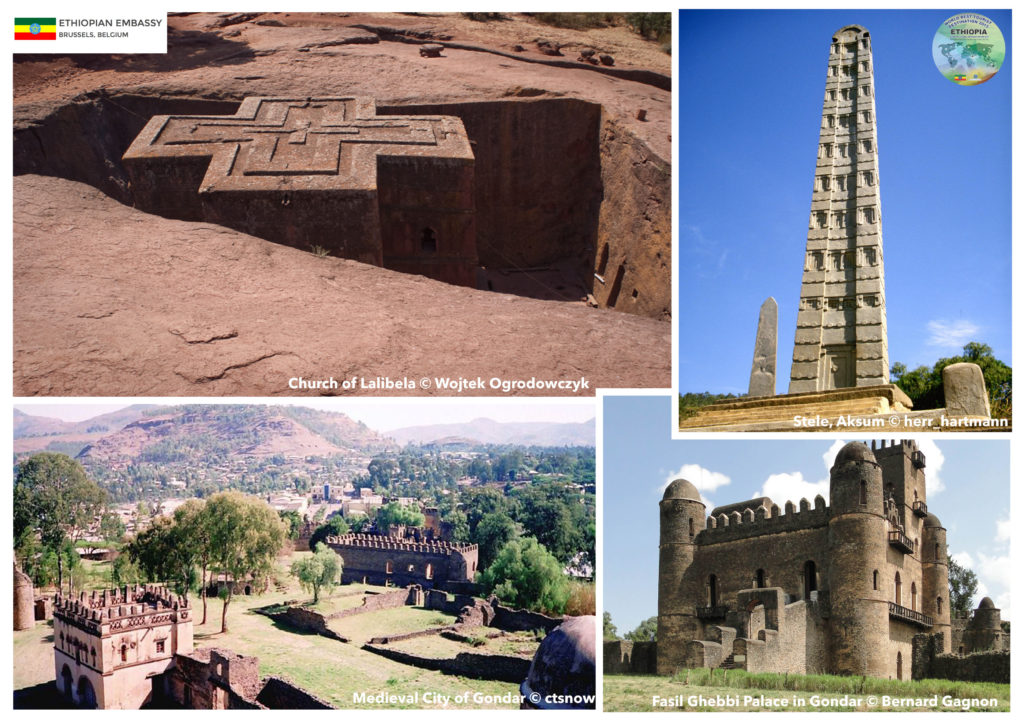
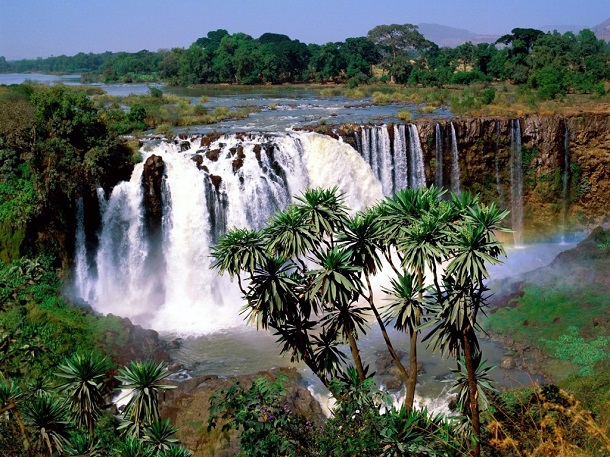 According to the Minister of Culture and Tourism, Ethiopia earned more than $1.8 billion from tourism in the first half of this Ethiopian fiscal year, which ended on last Monday, January 8, 2018.
According to the Minister of Culture and Tourism, Ethiopia earned more than $1.8 billion from tourism in the first half of this Ethiopian fiscal year, which ended on last Monday, January 8, 2018.

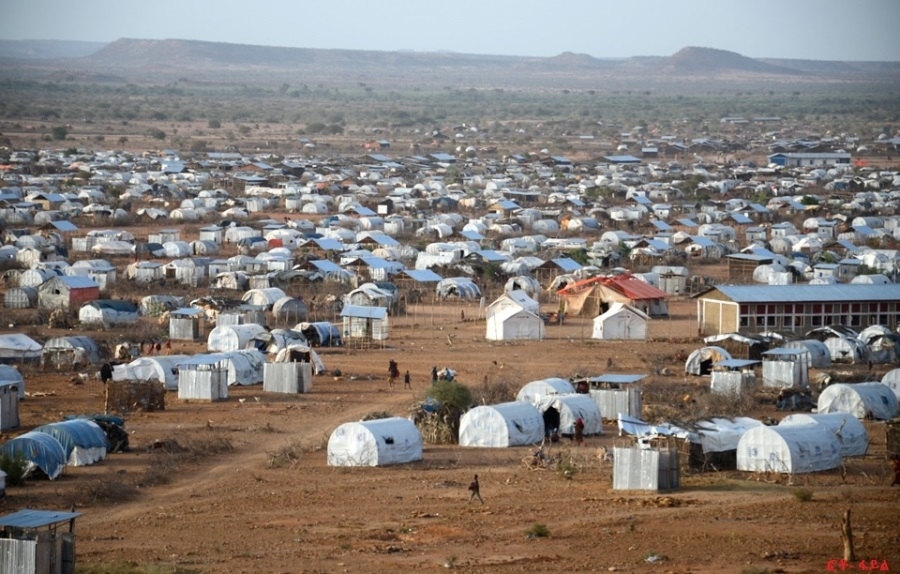

 The Ethiopian government said on 3 January that it has generated more than 334 million U.S. dollars from the export of coffee to the global market during the past five months.
The Ethiopian government said on 3 January that it has generated more than 334 million U.S. dollars from the export of coffee to the global market during the past five months.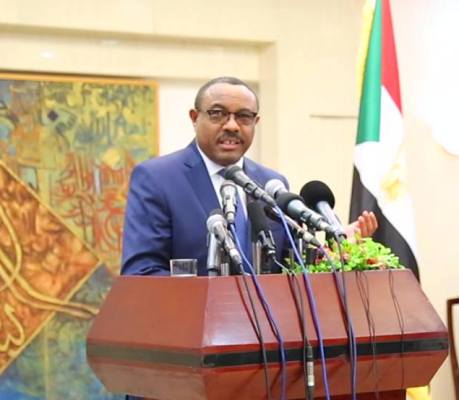

 Ethiopia is among the 17 economies which are projected to grow faster than China in Purchasing Power Parity (PPP) terms this year, according to projections in the Global Economy Watch published by international professional services firm PriceWaterhouseCoopers (PwC). The other countries include India, Ghana, and the Philippines. The PwC analysis added that eight of the ten fastest growing countries in 2018 could be in Africa.
Ethiopia is among the 17 economies which are projected to grow faster than China in Purchasing Power Parity (PPP) terms this year, according to projections in the Global Economy Watch published by international professional services firm PriceWaterhouseCoopers (PwC). The other countries include India, Ghana, and the Philippines. The PwC analysis added that eight of the ten fastest growing countries in 2018 could be in Africa.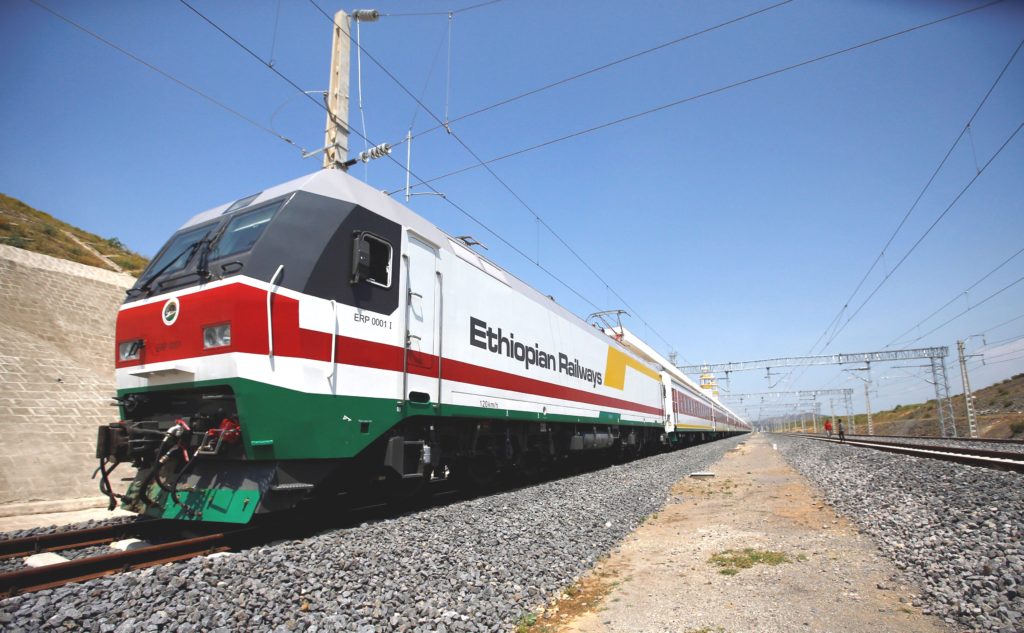
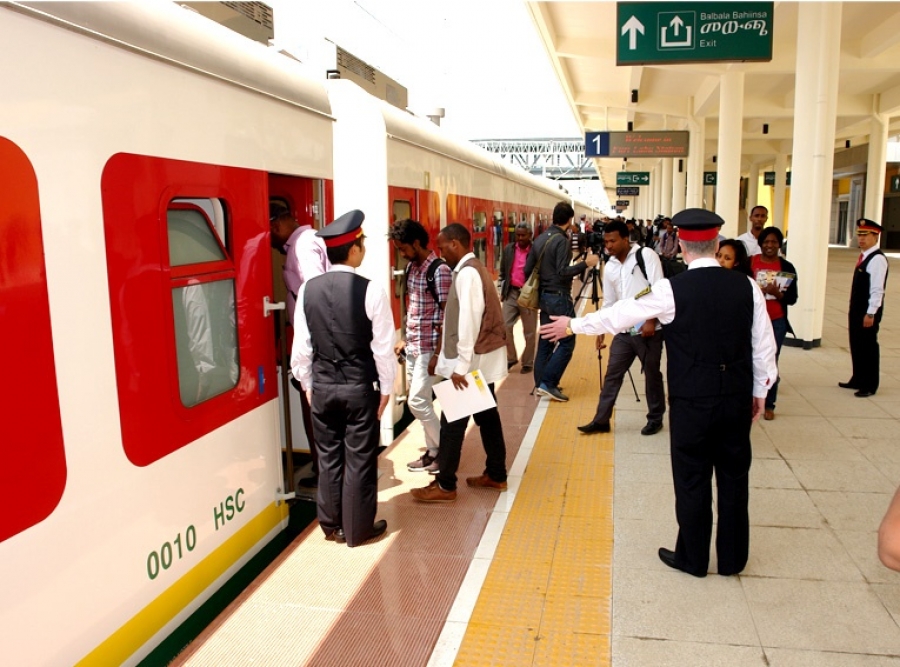 The Chinese-built 756-km electrified rail project connecting Ethiopia to Djibouti officially started commercial operations on 1 January with a ceremony held in Addis Ababa.
The Chinese-built 756-km electrified rail project connecting Ethiopia to Djibouti officially started commercial operations on 1 January with a ceremony held in Addis Ababa.